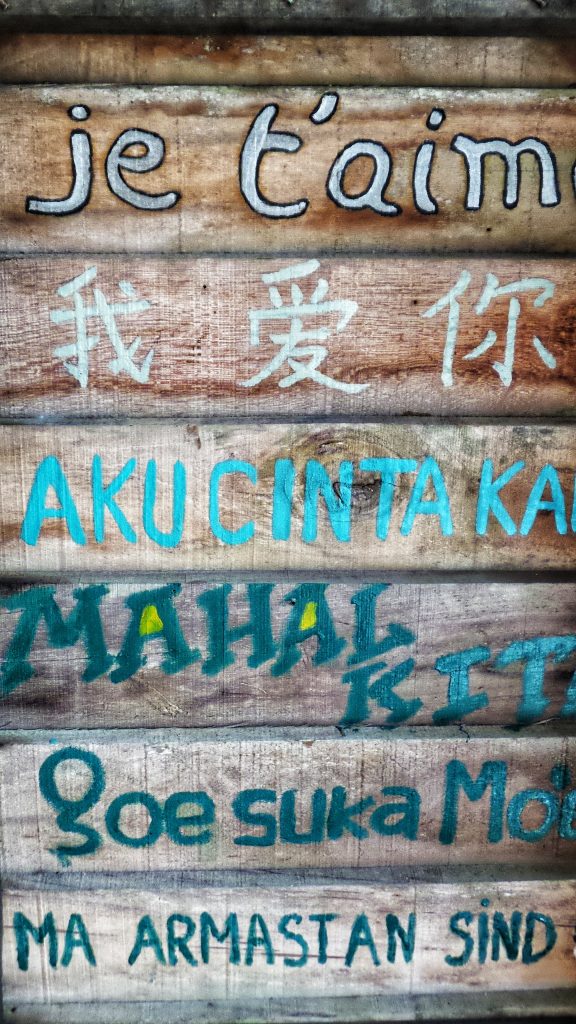Hi, there!
My name is Joshua, but you can just call me Jay. Just to give you some background about myself, I’m a first-year student planning to major in physics and double-minor in math and linguistics. This block, I’ll be blogging about Anthropology 105: Language and Culture, taught by our visiting professor, Dr. Cyndi Dunn! The subject of linguistics has captivated me for the past few years now, but this is my first time studying it in a classroom setting, so I’m really excited to share my experiences here!

But that raises the question: Language and Culture of what? Well, the purpose of this entry-level linguistics class is to examine the interconnectedness of language and culture as a whole. Intercultural/intracultural communication, the nature of different speech styles, grammar, politeness and formality, and the intricacies of discourse systems are all topics that we study in class, to name a few. To truly gain a better grasp of these topics, it’s impossible to study them in one setting alone, so our class examines them in a variety of contexts, based on factors such as nationality, profession, cultural background, gender, and age.
On the first day of class, we were given a very basic breakdown of the different properties of language. Things like phonology (sound systems), morphology and syntax (both components of grammar), and lexicon (vocabulary). All of these features are studied in the field of linguistics, but as our professor points out, this comes with a catch: On their own, these do not fully describe the culturally specific aspects of interpersonal communication. Thus, for a long time, the subjects of linguistics and cultural anthropology did not have a shared connection. This is where the concept of discourse comes into play. Discourse is the glue that holds language and culture together and the key concept that we analyze in class. This past week, we examined certain aspects of discourse in the Apache language, Korean, African American Vernacular English, and New Zealand English.
For the first major assignment this block, I had to examine a particular speech event from a group of which I was a member. Speech events can be a variety of spoken activities, such as weddings, games, classroom discussions, and so on. For mine, I took a look at how weekly CCSGA meetings were conducted: Everything from the call to order, to the different roles we have, to the passing of resolutions, to the notes we take down on our laptops. I chose this topic because CCSGA meetings are extremely structured according to the agenda of each meeting. In linguistics terms, they’re far more explicit than tacit, although there are designated moments for open discussion. All of these concepts I explained in my assignment contribute to the common discourse of weekly meetings.
Anyway, as fall break approaches, that’s all I have for my first blog entry! There’s more than a lifetime of things to learn through the study of language, which is one of the biggest reasons why linguistics captivates me so much. Thanks for reading!
Best,
Jay Luckey